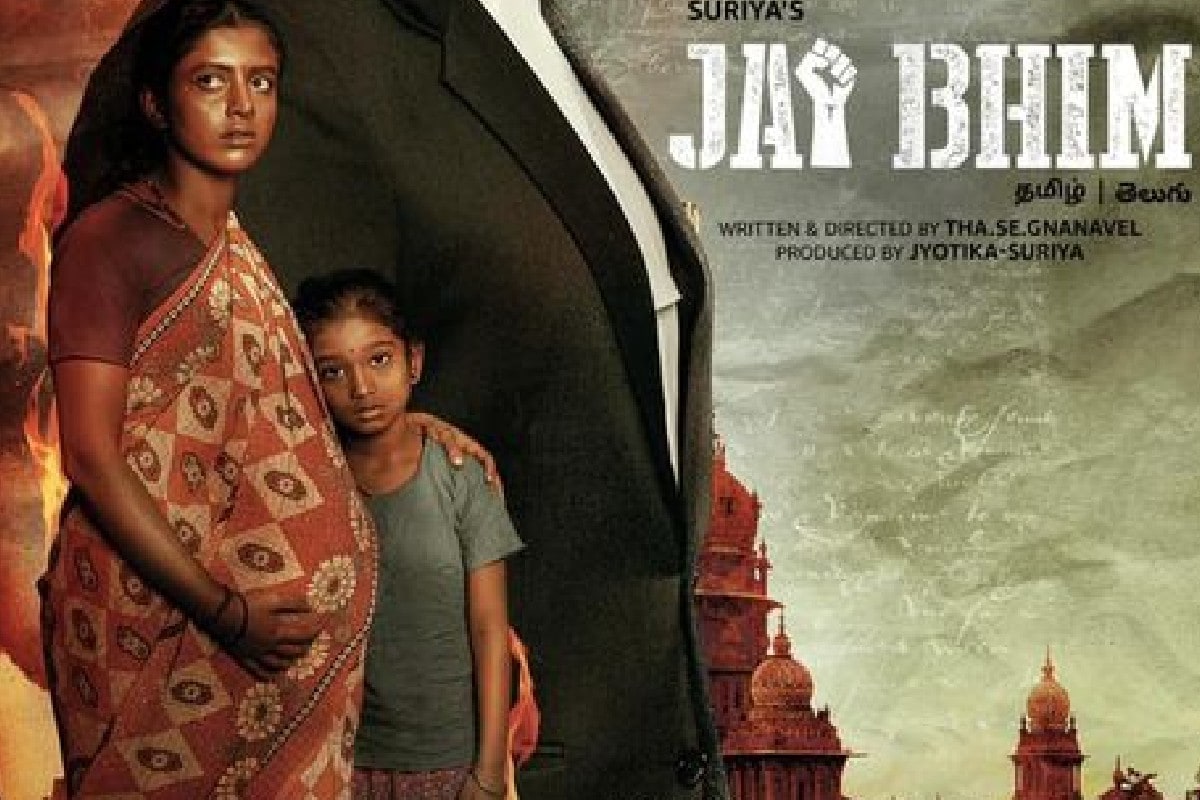Suppose the idea of affirmative action is to uplift a particular community group and give an equal fighting chance to the oppressed to get their place in the sun. In that case, it should only be handed to one generation. After being given the levy, their offspring should not be expecting the same. Everybody only gets one chance. They are expected to pull themselves up by their boot-straps with the chance given to them. That is it. Freebies are not infinite.
This film is one of the many new genre movies which highlights the plight of fringe people. The filmmakers named this movie a duplex as the real story with message starts with the movie's second part. The first part is essentially a draggy commercial that does not contribute much to the rest of the story. In a complicated way, it boils down to two scenarios.
The first instance involves an interview for a government post. The viewers are shown how nepotism, recommendations and quota allocations predetermine which candidate would probably succeed in an interview. A person from the higher caste has to work doubly harder to qualify for the same job as one from the scheduled caste. Things are not so straightforward, however. A person who fails may genuinely be unimpressive but would cry foul anyway. A person from the lower rung of society may have been unexposed and deprived of many things because of poverty. Sometimes, people of influence get it anyway.If we were to blame religion for the evil effects of caste in society, we even see discrimination within the houses of worship. It is not the religion at fault per se, but rather the people who act as pillars of the faith, in their greed to hold the rein of temple management, come up with rules and regulations at their whims and fancies. When intelligent discussions do not solve the problems, they recoil into the wisdom of ancient text to assert their point. Even within the four walls of the House of God, there is blatant discrimination.
The end result of not giving the job to the best man around only results in brain drain. Unfortunately, solving this issue is not easy. At a time now when identity politics plays a vital role in how a country should be run, politicians will continue pandering to populist politics. Level headedness is a rare commodity in the 21st century.
P.S. Extrapolate the message behind this story to our own backyard. Affirmative action cannot go on forever. It would only result in lazy, entitled rent-seekers who cannot survive in the real world. One black swan event, and they would just fizzle out.
































